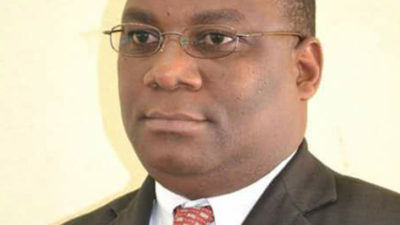
Malawians on Monday endured a national power outage that lasted at least an hour, prompting an angry reaction from Consumers Association of Malawi (Cama) who have since demanded an explanation from Escom.
Electricity Supply Corporation of Malawi (Escom) public relations manager Innocent Chitosi, in a written response last evening, confirmed that the country was in darkness, but said the power utility was working to restore power supply nationwide.
He said: “Our priority was to restore supply. Most areas in the Southern Region have power restored. We are progressing to supply the Centre and North.
“Meanwhile, we are investigating to establish the cause of the outage.”
The outage started at about 4.15pm. By 8pm, supply from the national grid was yet to be restored in some areas in the Northern Region.
In a telephone interview, Cama executive director John Kapito challenged Escom to be proactive by ensuring that customers are warned in advance whenever power is not available.

He said: “If that power outage was an emergency, then we demand an explanation. Otherwise staying without power for hours has huge ramifications on consumers’ lives.
“There is a colossal economic loss attached to it besides the loss of confidence in the ability of the power supplier after it promised a blackout free service.”
Immediately after the power outage was experienced, some businesses around Blantyre City switched to stand-by power sources.
Previous power outages have negatively affected key social and economic sectors, including hospitals, water supply, telecommunications and industries.
The power outage came barely a week after residents of Likoma Island marched in protest against prolonged blackouts on the island which are said to have occurred consistently for the past two months.
The protesters gave Electricity Generation Company (Egenco), which runs diesel generators powering Likoma and its twin island of Chizumulu, until July 6 to rectify the problem.
In February this year Escom and Egenco switched off diesel generators that supplemented power supply, citing increased hydro electricity generation resulting from heavy rains the country received early in the year.
In April, Malawi signed an agreement that offers the country an opportunity to buy 200 megawatts (MW) from the Southern Africa Power Pool (Sapp) once a $127 million (about K94 billion) power interconnection project with Mozambique materialises by 2022.
Besides the Sapp agreement, the country is also buying power from Zambia.
Source: The Nation_July 9, 2019_by Archibald Kasakula-Staff Writer
